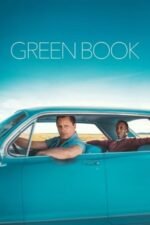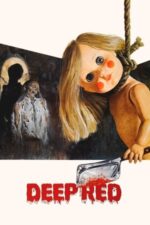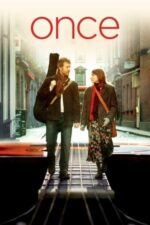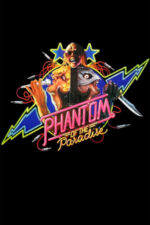More Than Just Fingers on Keys: Exploring the Pianist in Cinema
Isn't there something inherently captivating about a pianist? It’s not just the music, though that’s certainly a huge part of it. There’s a visual poetry to their posture, the focused intensity in their eyes, the way their hands dance across the keys – it speaks to dedication, passion, and often, a deep well of emotion. And cinema has consistently recognized this, using the pianist as more than just a musical backdrop; they become symbols, characters wrestling with internal conflicts, or even conduits for something…else.
Think about Lisztomania. It’s not just a biopic about Franz Liszt (though it is that!), but an exploration of artistic obsession and the struggle between earthly desires and spiritual yearning. The film beautifully captures the Romantic era's fascination with both genius and excess, portraying Liszt as a man torn between his music and the allure of Richard Wagner. It’s a fascinating look at how creativity can be intertwined with personal turmoil – something that resonates even today in our culture obsessed with “tortured artists.”
Then you have films like Tormented, which takes that internal struggle to a truly unsettling place. The film uses the pianist's grief and loss as a springboard for a genuinely creepy supernatural narrative. It’s a clever way of exploring how trauma can warp perception, blurring the lines between reality and hallucination. I remember seeing this years ago – it really stuck with me because it wasn’t just about jump scares; it was about the psychological toll of grief manifesting in truly disturbing ways.
But the pianist isn't always burdened by darkness. Wolfgang (Extraordinari) offers a much more heartwarming perspective, using music as a bridge between a young boy and his estranged father. The piano becomes a language they both understand, a way to connect despite their differences. It’s a lovely reminder that sometimes, the most profound connections are forged through shared passions.
And let's not forget The Universal Theory, where a jazz pianist isn't just playing music; she seems to hold the key to unlocking a series of bizarre and potentially deadly events in the Alps. The piano becomes almost mystical, linked to Johannes’ past and hinting at something far beyond scientific explanation. It highlights how music can be used to evoke mystery and intrigue – think about how jazz itself has always been associated with improvisation and a certain enigmatic coolness.
Even Look Me Over, focusing on Liberace, demonstrates the power of the pianist as a cultural icon. His flamboyant persona wasn’t just about sequins and extravagance; it was a statement in an era grappling with societal norms.
The recurring presence of the pianist in film isn't accidental. They represent something profound – skill, dedication, emotion, and often, a touch of mystery. Whether they are battling demons, forging connections, or unlocking secrets, these cinematic pianists offer us glimpses into the complexities of human experience. So next time you see a pianist on screen, take a moment to appreciate not just the music, but what their presence means.
What films featuring musicians have really resonated with you? I’d love to hear about them!







































